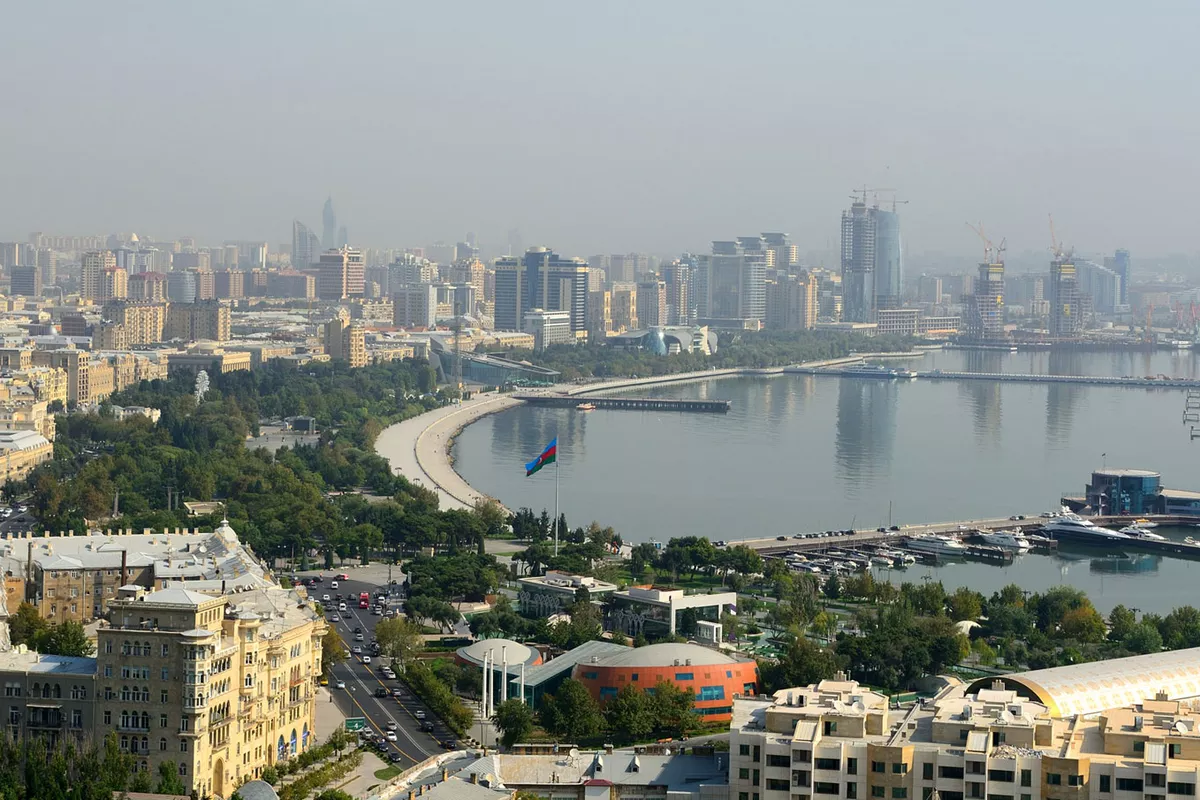
Photo: Dreamstime.com
For the first time, Baku will host the "Go Net Zero Energy - Caspian and Central Asia" summit on December 3-4, according to event organizer Globuc.
The event will focus on "Unlocking the Region"s Clean Energy Development Potential." The summit will serve as a dialogue platform for leading players in sustainable energy and energy transition, The Caspian Post reports, citing local media.
Key topics will include regulatory frameworks and infrastructure development in the clean energy sector, attracting investment, integrating renewable energy sources (RES) into power systems, deploying innovative technologies for energy transition, and exploring prospects for green hydrogen production.
Azerbaijan has set a goal to make one-third of its energy sector green by 2027. Uzbekistan and Kazakhstan are also advancing legislative initiatives and modernizing their power grids. Accordingly, the summit will pay particular attention to regulatory reforms, tax incentives, and cross-border infrastructure development.
Practical examples to be highlighted include the commissioning of the Garadagh Solar Power Plant in Azerbaijan and offshore wind farm projects in the Caspian Sea. As RES integration accelerates, energy storage technologies, digital solutions, and hybrid models will be central to discussions on maintaining energy balance.
Special focus will be placed on green hydrogen. While this sector holds strategic importance for the region, it also faces significant challenges-limited water resources, the need for desalination technologies, high production costs, and large-scale infrastructure requirements. The forum will also explore the export potential of green hydrogen and the European Union"s interest in the field.
Green hydrogen production is planned to begin in Sumgayit. According to national plans, by 2027 Azerbaijan aims to build eight industrial-scale solar and wind power plants with a combined capacity of 2 GW. These projects are expected to attract $2.7 billion in domestic and foreign investment.
Once operational, these plants will generate 5.3 billion kWh of green energy annually, raising the share of renewables in the national energy mix to 32.6%, saving 1.2 billion cubic meters of gas, and reducing greenhouse gas emissions by 2.5 million tons. Azerbaijan"s target for 2030 is to reach 6 GW of installed RES capacity, with 4 GW designated for export.
Share on social media